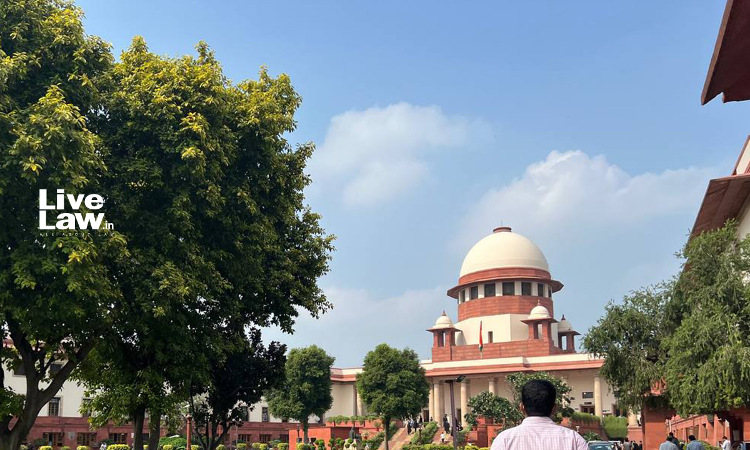The Supreme Court on Thursday affirmed the death penalty awarded to Lakshar-e-Toiba militant Mohammed Arif for the 2000 Red Fort Attack case which resulted in the death of three persons including two army officers. The Court dismissed the review petition filed by him challenging his conviction and sentence.When there is challenge to the unity, integrity and sovereignty of India by acts...

